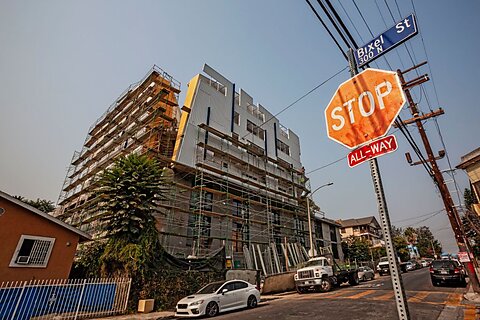An important insight offered by libertarians is that attempts to suppress market forces through policy often result in illegal underground markets accompanied by corruption. The libertarian policy insight is to legalize the suppressed trade.
The New York Times recently described evidence in support of this claim: corruption in Los Angeles. The FBI and the United States Attorney’s Office have investigated “a wide-ranging “pay-to-play” scheme in which developers bribed Los Angeles city officials to secure official acts to benefit their real estate projects.”
A previous blog post as well as an article in Regulation have described proposals to allow developers to pay localities to alter their zoning constraints. Such proposals recognize that zoning rules have become de facto property rights. Currently, the negotiations between developers and politicians about zoning change are behind the scenes. The payments go to facilitators and politicians rather than neighboring property owners who suffer welfare losses from development.
Allowing local governments to convert the current in-kind, opaque, underground market for zoning change into an explicit legal exchange of cash for density would facilitate development and eliminate corruption.


